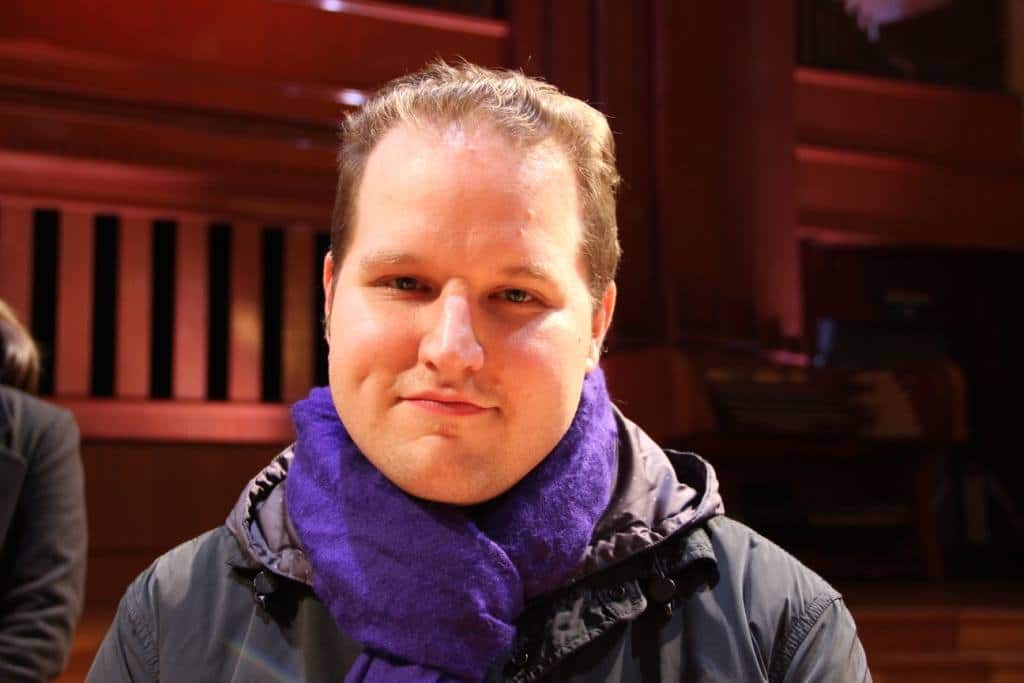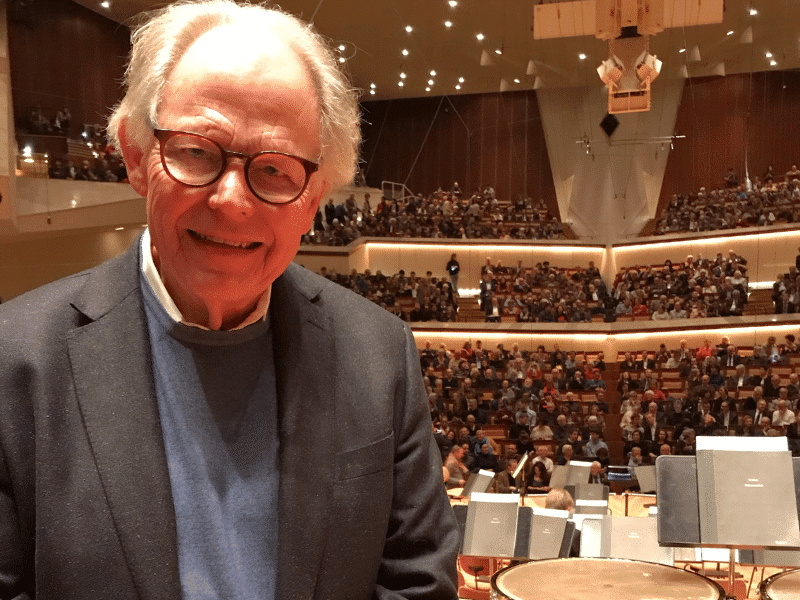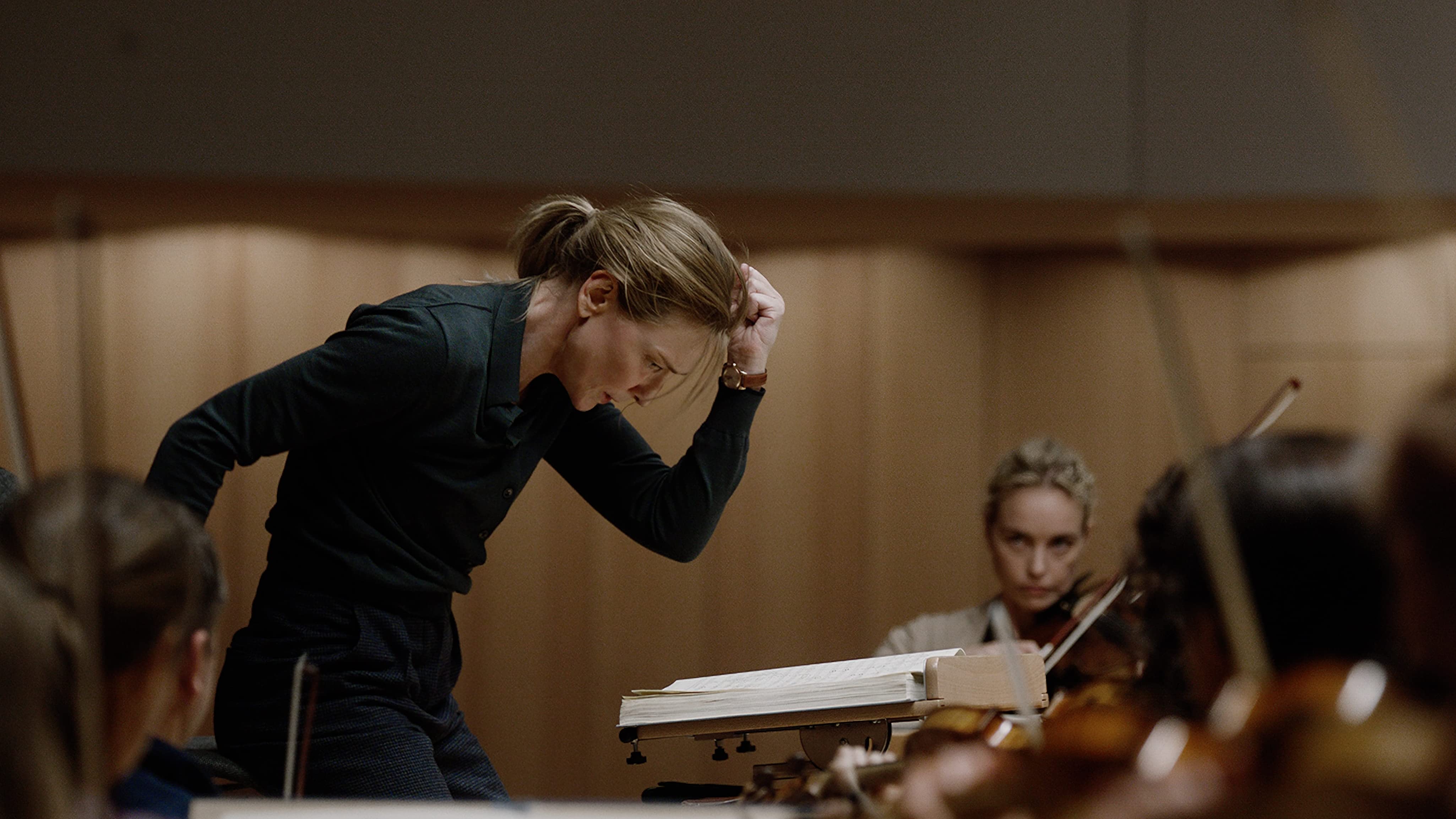Czech pianist wins low-key Queen Elisabeth
mainThe competition, one of the most distinguished, had very little media coverage this year outside of Belgium and the online profile was exceptionally thin.
The results, announced after midnight, are:

First Prize : Lukas Vondracek (Cz)
Second Prize : Henry Kramer (US)
Third Prize : Alexander Beyer (US)
Fourth Prize : Chi Ho Han (S Korea)
Fifth Prize : Aljosa Jurinic (Croatia)
Sixth Prize : Alberto Ferro (Italy)
The audience prize went to the pianist placed sixth, which suggests a considerable gulf between the judges’ markings and the public perception.
You can watch video here.





Comments